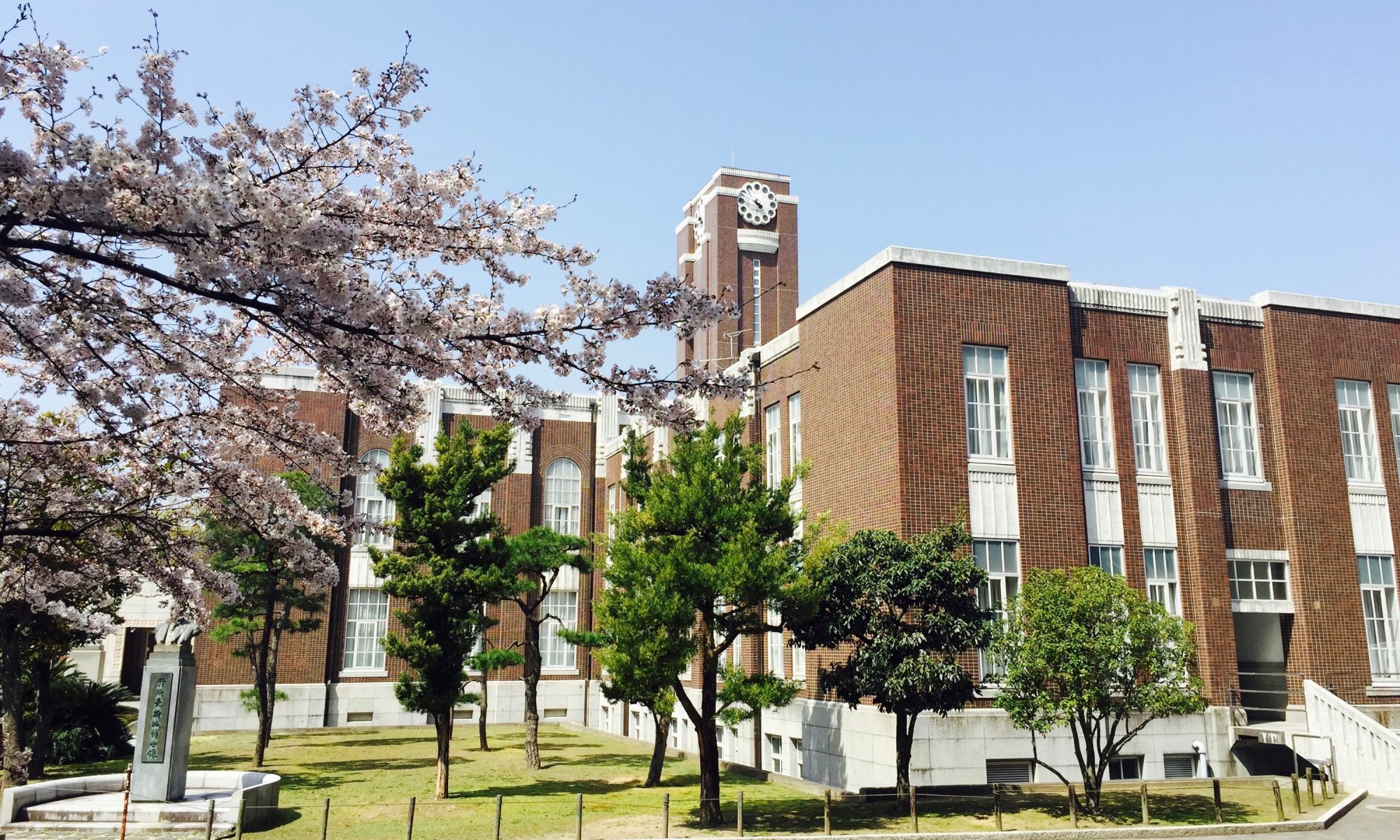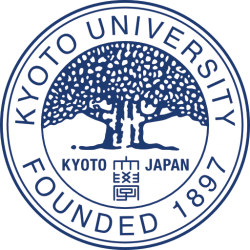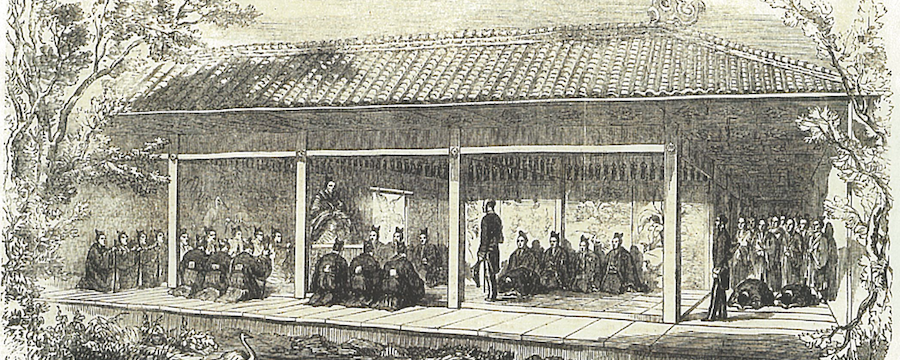In this intensive seminar, we will approach the art and politics Japanese Meiji era (1868-1912), and navigate their complexity through separate case studies that are often transcultural in nature.
Continue reading “Aesthetics, Materiality, and Politics: An Intensive Introduction to Meiji Art”
This course introduces students to bioethics as an interdisciplinary field of study that looks into ethical, legal, and social implications of life sciences and health care.
Continue reading “An Introduction to Bioethics”
This course engages with game design as a tool for transcultural learning and making research experienceable.
Continue reading “Beyond Play: Game Design for Transcultural Learning”
This seminar introduces students to issues related to the historical study of animals.
Continue reading “Historical Seminar: Animals and Borders”
Teacher: Che Singh KOCHHAR-GEORGE
Course Code: JK38005
The course aims to enhance students’ understanding of immigration and refugee policies in Asia.
Continue reading “Immigration and Refugee Policy in Asia”
Foundational lecture series that introduces students to diverse disciplinary approaches enabling them to frame their own studies of transcultural phenomena and perspectives.
Continue reading “Introduction to Transcultural Studies”
This course aims to explore Japanese diplomacy during the last decade of the Tokugawa Shogunate, through in-depth readings of documents (such as memoirs, diaries, and diplomatic correspondences) written by people who worked on the ground during that time.
Continue reading “Japan’s early diplomacy during the last decade of the Tokugawa Shogunate”
This practice-oriented and interactive seminar seeks to establish an understanding of theories of transculturality, interactivity, immersion, and user agency and various angles of valuable methodology for the study of games and gaming.
Continue reading “Play, Advanced: Transcultural Game Studies 102”
This class will cover social research methods, mainly qualitative research. In view of the relaxed restrictions on movement under COVID-19, we are also planning to conduct fieldwork.
Continue reading “Qualitative Research and Community Fieldwork in and around Kyoto”








